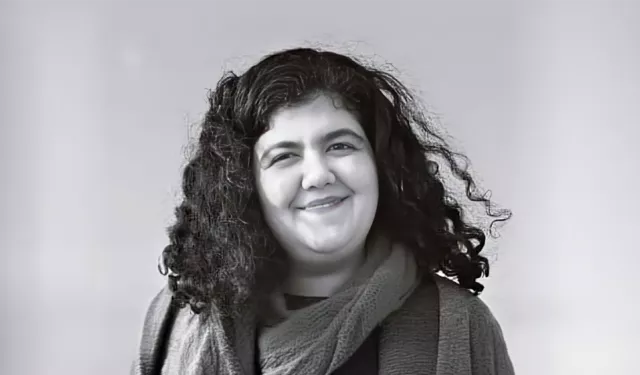Marwa Arafa’s legal team has filed an urgent request for her transfer to a hospital outside prison due to her deteriorating health, her lawyer Mokhtar Mounir told Al Manassa. The request was submitted during her trial session on Saturday before the Terrorism Circuit of the Cairo Criminal Court. The hearing was adjourned to Dec. 20 to hear prosecution witnesses.
Mounir said activist and translator Marwa Arafa was not initially present in the glass dock at the start of the session, and only appeared after the defense insisted on her attendance. “She was visibly unwell, gasping for breath, her face pale,” he said.
The defense had previously filed two formal requests, one to the Public Prosecutor and another to the presiding judge, demanding her transfer to a hospital, Mounir added.
Although a decision was issued to examine her at the prison hospital and, if necessary, transfer her to an external facility and produce a medical report, the order had not been implemented by the time of the latest hearing.
Arafa had previously suffered a blood clot and received treatment, Mounir revealed to Al Manassa, but prison doctors recommended further scans and blood tests unavailable at the prison hospital.
On Facebook, Mounir emphasized that his statements about Arafa’s condition were not intended to “seek sympathy or play the victim.” He wrote, “Every prisoner has the right to receive the necessary medical care to preserve their health. This is guaranteed by the constitution, the law, and international treaties.”
Saturday marked the second hearing in Arafa’s trial, which began in December last year after the Supreme State Security Prosecution referred her and 39 others to court on charges including “joining a terrorist group and financing terrorism.”
The Revolutionary Socialists said on Facebook that Arafa’s arrest more than five years ago was linked to her assistance to families of political prisoners by providing food and clothing.
Arafa was arrested on 20 April 2020, when security forces stormed her home and took her to an undisclosed location, according to the Egyptian Initiative for Personal Rights (EIPR).
She reappeared two weeks later before the Supreme State Security Prosecution, which charged her with “joining a terrorist group and committing a financing-related crime.” The prosecution ordered her pretrial detention without investigating her family’s complaints about her enforced disappearance.
EIPR added that Arafa’s initial interrogation was the only one conducted by prosecutors, and her detention was automatically renewed for more than five years without further investigation, before she was finally referred to trial.
